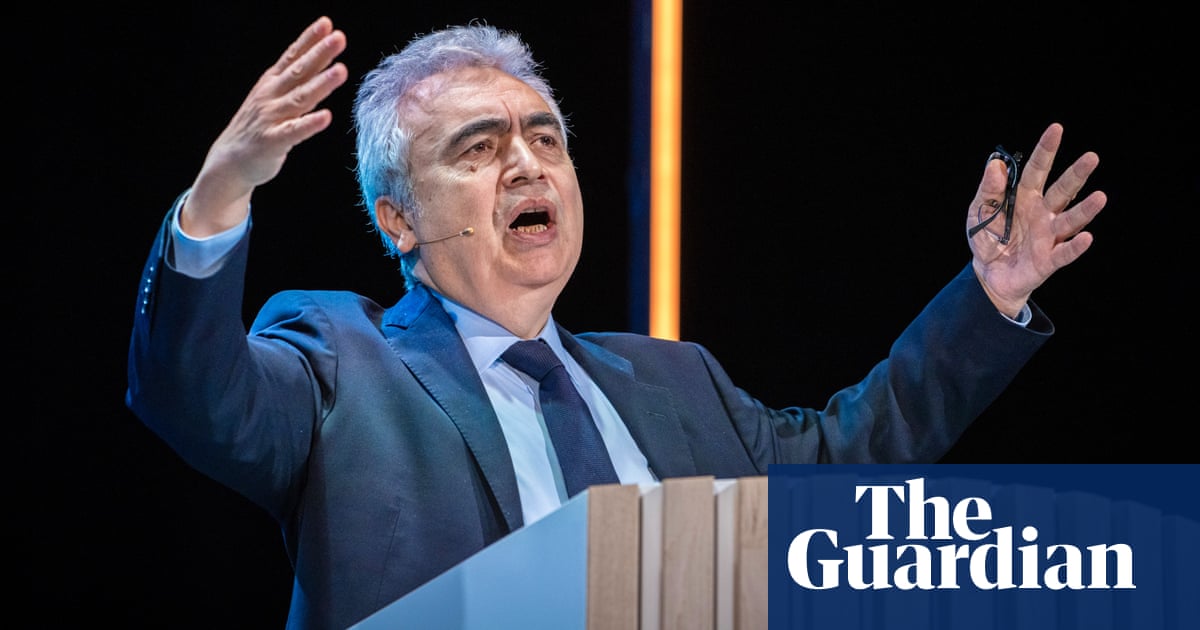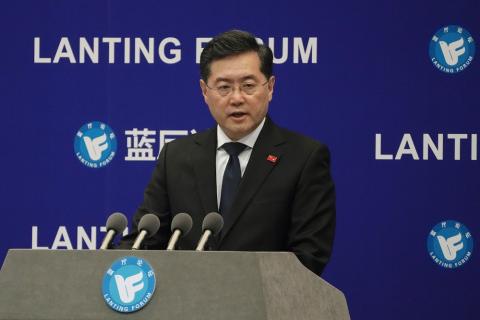
Rich countries must end all oil and gas production in the next 12 years, while the poorest nations should be given 28 years, to provide a fair transition away from fossil fuels, according to a study.
The report, led by Prof Kevin Anderson from the Tyndall Centre for Climate Change Research at Manchester University, found that wealthy countries such as the UK, US and Australia had until 2034 to stop all oil and gas production to give the world a 50% chance of preventing devastating climate breakdown, while the poorest nations that are also heavily reliant on fossil fuels should be given until 2050.
Anderson said that while it was now clear there had to be a rapid shift away from “a fossil fuel economy”, it was essential this was done in a fair and equitable way. “There are huge differences in the ability of countries to end oil and gas production, while maintaining vibrant economies and delivering a just transition for their citizens,” he said.
The report examines each country’s wealth and how dependent its economy is on fossil fuel production. It found that many poorer countries would be crippled economically and politically by a rapid move away from oil and gas, while wealthier nations could afford to end fossil fuel production while remaining relatively prosperous.
For example, it found that oil and gas revenue contributed 8% to US GDP but without it the country’s GDP per head would still be around $60,000 (£46,000) – the second highest globally.
Meanwhile, countries such as South Sudan, the Republic of the Congo and Gabon, despite being small producers of oil and gas, have little other economic revenue and would be devastated by a rapid transformation.
Christiana Figueres, the former UN climate chief who oversaw the 2015 Paris summit, welcomed the findings. “This new study is a timely reminder that all countries must phase out oil and gas production rapidly, with wealthy countries going fastest, while also ensuring a just transition for workers and communities that rely on it.”
The report’s findings come amid a renewed focus on climate justice among civil society groups and countries in the global south – particularly at last year’s Cop26 conference in Glasgow.
But Anderson warned many wealthier nations still only paid “lip service” to the idea. “I don’t see any sense of equity being taken seriously by the policymakers in the wealthy parts of the world,” he said.
The study, commissioned by the International Institute for Sustainable Development, quantifies how much future oil and gas production is consistent with the Paris climate target of 1.5C of heating – and what this means for the 88 countries responsible for 99.97% of global oil and gas supply.
It found that for a 50% chance of limiting the global temperature rise to 1.5°C:
The 19 “highest-capacity” countries, with average non-oil GDP per capita of more than $50,000, must end production by 2034, with a 74% cut by 2030. This group produces 35% of global oil and gas and includes the US, UK, Norway, Canada, Australia and the United Arab Emirates.
The 14 “high-capacity” countries, with average non-oil GDP per capita of nearly $28,000, must end production by 2039, with a 43% cut by 2030. They produce 30% of global oil and gas and include Saudi Arabia, Kuwait and Kazakhstan.
Eleven “medium-capacity” countries, with average non-oil GDP per capita of $17,000, must end production by 2043, with a 28% cut by 2030. They produce 11% of global oil and gas and include China, Brazil and Mexico.
Nineteen “low-capacity” countries with average non-oil GDP per capita of $10,000, must end production by 2045, with an 18% cut by 2030. They produce 13% of global oil and gas and include Indonesia, Iran and Egypt.
Twenty-five “lowest-capacity” countries, with average non-oil GDP per capita of $3,600, must end production by 2050 with a 14% cut by 2030. They produce 11% of global oil and gas and include Iraq, Libya, Angola and South Sudan.
The study found that even with this timescale poorer countries would need financial support to make the transition if they were to avoid massive economic and political upheaval.
Lidy Nacpil, a climate justice campaigner and coordinator of the Asian Peoples’ Movement on Debt and Development, said: “A rapid, just and equitable phase-out of oil and gas is still possible, with the timeframes suggested in this report, as long as rich countries provide substantial financial, technical and political support, and cancel the debt.”












